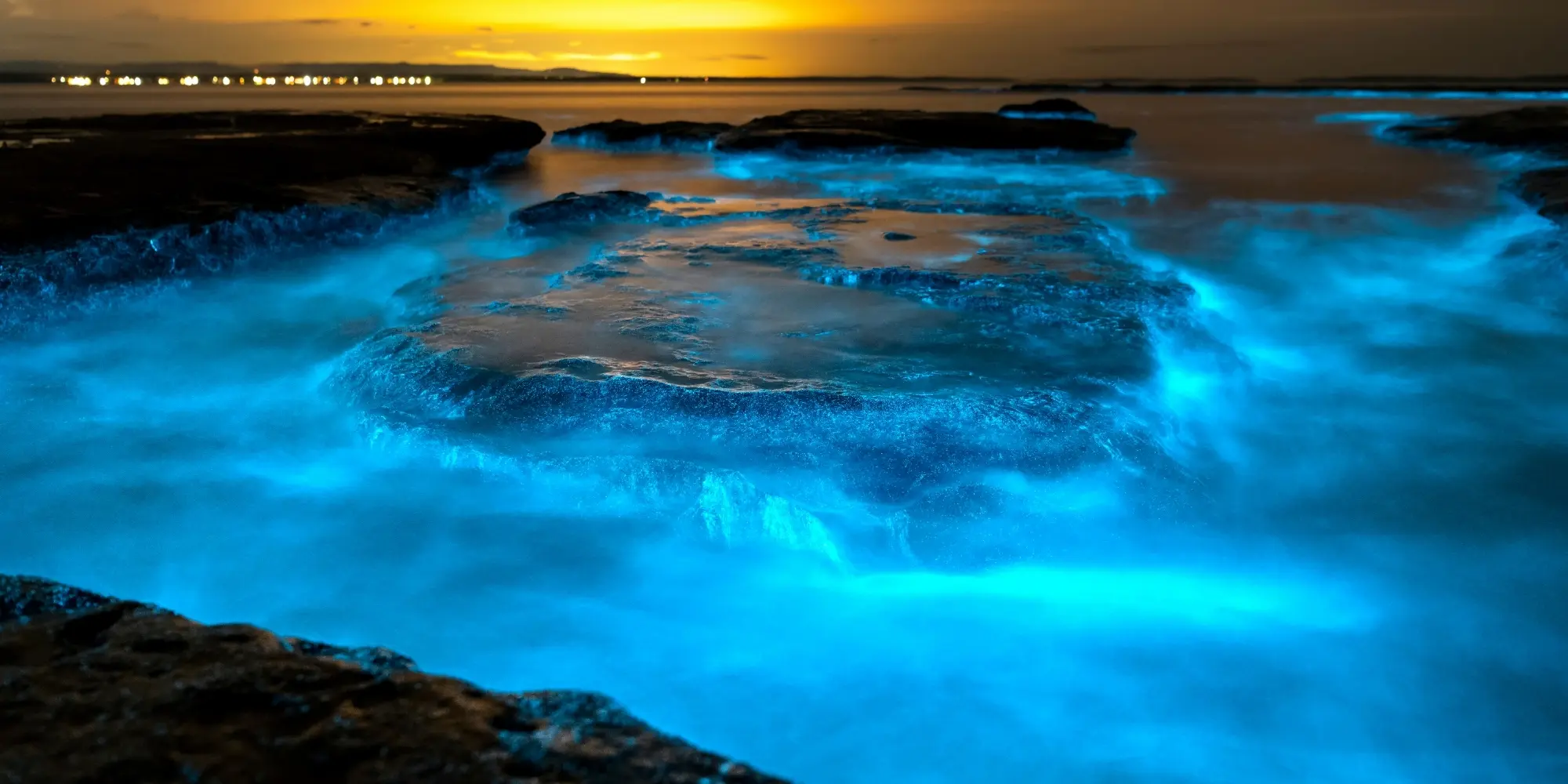The ocean covers over 71% of Earth’s surface — that’s 360 million square kilometers. Yet only about 5% of it has been explored. Scientists estimate the ocean holds around 2.2 million species, but only about 200,000 have been identified so far. The deep sea remains the least explored — we know more about the moon than we do about our own oceans.
So why is it so vital to protect something we still know so little about?
Here are six powerful reasons why the ocean is essential for life on Earth — and why protecting it is protecting ourselves.
The ocean has always calmed me. The more time I spend near it — listening, learning, just being — the more I feel it: our lives are deeply tied to the sea.
It’s not just where life began. It’s crucial to our existence.
1. The Ocean Provides the Water We Drink
While we don’t drink saltwater, the ocean holds 97% of the planet’s liquid water. Through evaporation and cloud formation, it helps distribute freshwater across the globe via rainfall and snow. Every drop of water we drink has a connection to the sea.
2. The Ocean Creates the Air We Breathe
More than 70% of the oxygen we breathe comes from the ocean. Every second breath is thanks to marine organisms — especially microscopic phytoplankton — that absorb carbon dioxide and release oxygen through photosynthesis.
3. The Ocean Stores and Reduces CO₂
Oceans store around 50 times more carbon dioxide than the atmosphere and act as our planet’s largest carbon sink. Over 93% of global CO₂ is stored in the ocean, helping stabilize the climate.
“Blue forests” — including mangroves, seagrass meadows, and kelp forests — are especially effective at capturing and storing carbon, up to 20 times more than terrestrial forests.

4. The Ocean Regulates Our Climate
The ocean absorbs over 90% of excess heat from global warming and redistributes it through currents that move warm water toward the poles and cold water back to the tropics. This system stabilizes weather patterns and makes life possible — including Europe’s mild climate.
5. The Ocean Is the Origin of Life
Life began in the ocean around 3.5 billion years ago, with a single-cell organism called LUCA (Last Universal Common Ancestor). From this spark of life, Earth’s biodiversity evolved. Today, around 80% of all life still lives in the ocean, much of it undiscovered — especially in the deep sea.
6. The Ocean Protects and Feeds Us
Oceans serve as natural protection from storms, tsunamis, and rising seas thanks to coral reefs, mangrove forests, kelp beds, and deep-sea sponge gardens. They are also vital for food security, sustaining millions of people around the world who depend on marine life for nourishment.
Even more, countless species hold potential for future medicines — some not yet discovered. The ocean makes our planet habitable and provides resilience in the face of climate challenges.
But it is reaching its limits.
Our survival is tied to the fate of the ocean. If the ocean dies, we die.







